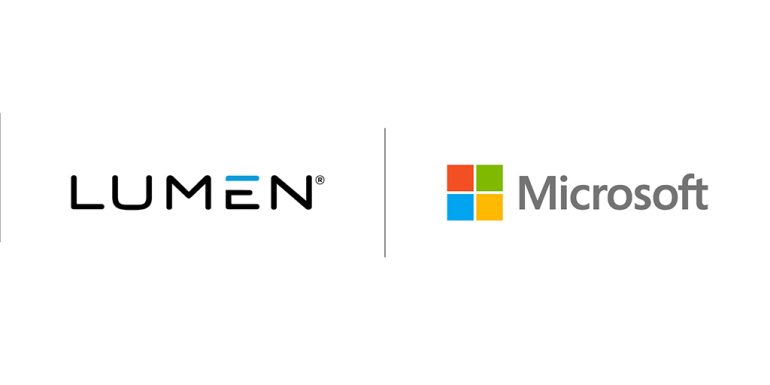- Microsoft and Lumen Technologies have formed a strategic partnership to advance digital transformation and network capabilities.
- Lumen will provide a custom network infrastructure, including dedicated fiber and new routes, to support Microsoft’s AI demands.
- The partnership includes Lumen migrating its workloads to Microsoft Azure, using Microsoft Entra for security, and developing new telecom solutions.
- This collaboration is expected to improve Lumen’s cash flow by over $20 million in the next year and enhance customer experiences.
- The alliance builds on a long-standing relationship, with previous collaborations involving Copilot and Microsoft Teams.
Main AI News:
Microsoft Corp. and Lumen Technologies have announced a strategic partnership aimed at enhancing Lumen’s digital transformation and expanding Microsoft’s network capabilities to support growing AI demands. This collaboration marks a significant step forward in addressing the infrastructure needs driven by the rapid evolution of artificial intelligence and digital services.
Strengthening Infrastructure for the AI Era
As datacenters become increasingly central to powering the Microsoft Cloud’s compute capabilities, Microsoft is investing heavily in AI tools and platforms, including Azure OpenAI Service and Microsoft Copilot. These innovations are designed to boost creativity, productivity, and address major global challenges. To support this expansion, Microsoft has selected Lumen Technologies as a strategic partner to enhance its network infrastructure.
Lumen’s Private Connectivity Fabric, a custom network solution, includes dedicated fiber access and the installation of new fiber routes. This infrastructure aims to bolster the connectivity between Microsoft’s datacenters, ensuring the necessary network capacity, performance, stability, and speed to meet rising data demands.
“AI is reshaping our daily lives and fundamentally changing how businesses operate,” said Erin Chapple, Corporate Vice President of Azure Core Product and Design at Microsoft. “Our focus is on both the immediate and future impact of AI on our network infrastructure. Lumen’s capabilities are integral to supporting Azure’s mission, providing a reliable and scalable platform that meets diverse customer needs, from general computing to high-performance AI workloads.”
Preparing for an AI-Driven Future
Kate Johnson, President and CEO of Lumen Technologies, emphasized the importance of robust network infrastructure in driving innovation and growth. “Microsoft’s ambitious AI vision necessitates a network capable of realizing this potential. Lumen’s extensive network, with its unique routes and digital platform, provides the flexibility, access, and security required to support an AI-enabled world.”
The partnership will also facilitate Lumen’s enterprise-wide transformation, leveraging Microsoft’s cloud and AI technologies to streamline operations, reduce costs, and develop new solutions. Lumen plans to migrate and modernize its workloads on Microsoft Azure, utilize Microsoft Entra for security, and collaborate on telecom industry-specific solutions. This initiative is projected to enhance Lumen’s cash flow by over $20 million in the next year and significantly improve customer experiences.
“Azure’s global infrastructure supports rapid adaptation to economic shifts, accelerates innovation, and transforms business with AI,” added Chapple. “Our partnership with Lumen is key to achieving these goals, advancing cloud connectivity, and driving growth.“
This new alliance builds on the long-standing relationship between Lumen Technologies and Microsoft, with past collaborations including Lumen’s use of Copilot to automate tasks and enhance Microsoft Teams.
Conclusion:
The partnership between Microsoft and Lumen Technologies signifies a pivotal move in addressing the infrastructure demands of the AI era. By combining Microsoft’s cutting-edge AI tools with Lumen’s extensive network capabilities, this collaboration is set to drive substantial advancements in digital transformation. The integration will likely position both companies as leaders in enabling AI-driven innovations, improving operational efficiencies, and enhancing customer experiences. This strategic alignment reflects a broader market trend towards robust infrastructure investments to support the growing demands of AI and digital technologies.

